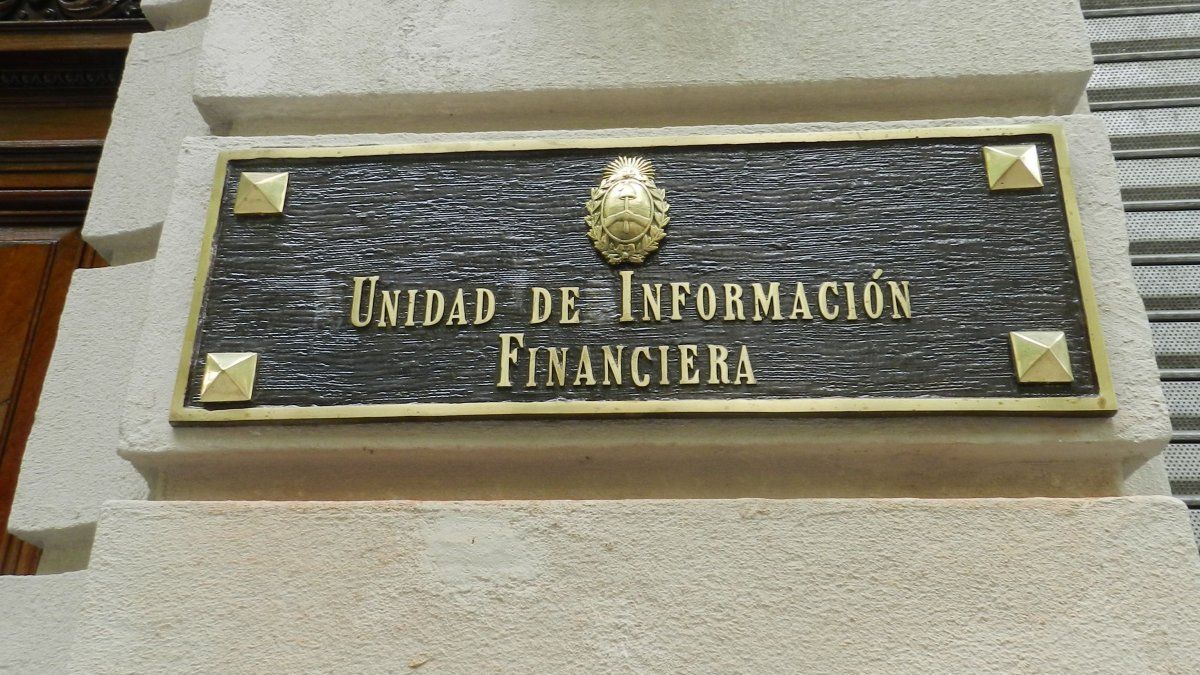Within the framework of the Financial Action Task Force (FATF), of which Argentina is a full member, the Financial Information Unit (UIF) updated the obligations for Obligated Subjects. It did so through two resolutions: Resolution UIF 199/2024, which applies to financial and exchange entities and Resolution UIF 200/2024, which is aimed at issuers, operators and providers of collection and/or payment services and non-financial providers. of credit. Both rules apply from tomorrow.
The objective, as established by the FIU, is to strengthen the prevention of money laundering, the financing of terrorism and the financing of the proliferation of weapons of mass destruction, in line with the international recommendations of the FATF. This resolution arises from the consultations that were made to the Central Bank and the different entities mentioned above.
Some key points of the standard:
Financial and exchange entities
- Risk self-assessment will be understood as: the internal ML/FT/PT risk assessment exercise carried out by the Reported Subject for each of the lines of business, in order to identify and determine the inherent risk and evaluate the effectiveness of policies, procedures and controls implemented to manage and mitigate risks. It includes customers, products and/or services, distribution channels and geographic areas.
- The definition of “Customer”: any human, legal person or legal structure – national or foreign – with which a financial, economic or commercial relationship is established, occasionally or permanently. Mere suppliers of goods and/or services will not be classified as Clients, unless they maintain ordinary business relations with the Obligated Subject other than mere supply.
- Risk-based approach: to the regulation and application of measures to prevent or mitigate ML/TF/PF proportional to the identified risks, which includes the processes for their identification, evaluation, monitoring, administration and mitigation in order to focus efforts and apply resources more effectively.
- Suspicious facts or operations: Those attempted or carried out that cause suspicion or reasonable grounds to suspect that the goods or assets involved come from or are linked to a criminal offense or are related to the financing of terrorism, or to the financing of the proliferation of weapons of mass destruction or that, having previously been identified as unusual, after the analysis and evaluation carried out by the obligated subject, they do not allow the unusualness to be justified.
On the other hand, it is clarified that the Obligated Subject must adopt, at a minimum, policies, procedures and controls in order to ensure that clients and final beneficiaries are not included in the Public Registry of Persons and Entities linked to acts of Terrorism and its Financing (RePET)Continuously identify, verify and know the final beneficiaries of its clients, accept or reject high-risk clients, including the reasons that support such a decision, among others.
Furthermore, it is established that the The prevention manual must contain, at a minimum, planned policies, procedures and controls, which must be available to the FIU and the BCRA. In addition, it must be reviewed annually, without prejudice to the duty to keep it updated and be available to directors, managers, employees and collaborators.
Some key points of the standard that impacts issuers, operators and providers of collection and/or payment services and non-financial providers
- The “acceptor” is defined: that legal entity that is regularly incorporated in the country or that, being a private legal entity incorporated abroad, has complied with the requirements of the General Company Law 19,550 and its modifications for the habitual exercise in the Argentine Republic of acts included in its corporate purpose, which adheres businesses to transfer payment schemes; comprising, among others, the following tasks: facilitating the mechanisms to initiate payments, transmitting the payment order information to the administrator or other participants of the scheme in question and, if authorized, confirming the operations.
- Acquirer: to that legal entity that is regularly incorporated in the country or that, being a private legal entity incorporated abroad, has complied with the requirements of the General Company Law 19,550 and its modifications for the habitual exercise of acts in the Argentine Republic. included in its corporate purpose that adheres businesses to card payment schemes; comprising, among others, the following tasks: facilitating the mechanisms to initiate payments, transmitting the payment order information to the administrator or other participants of the scheme in question and, if authorized, confirming the operations.
- Customer: to those human persons, legal entities, or other legal structures -national and/or foreign-, and those who act on their behalf and by order; with whom a contractual relationship of a financial, economic or commercial nature is established, occasionally or permanently, in the terms described in this section. Mere suppliers of goods and/or services will not be classified as Clients, unless they maintain ordinary business relations with the Obligated Subject other than mere supply.
In this sense, the following are defined as clients:
1) The card holder user with respect to the Issuer. The cardholder will not be considered a Client of the Acquirer, or of the Aggregator or Subacquiror.
2) The Adhering Merchant with respect to the Acceptor, Acquirer or Aggregator or Subacquiror.
3) The holders of traveler’s checks with respect to the Issuer.
4) The Adhering Merchant that accepts or carries out traveler’s check exchange operations, with respect to the issuer.
5) The holder(s) of the payment account with respect to the Payment Service Provider of that account.
6) Human or legal persons and any legal structure, on behalf and by order of those who collect the collections, with respect to the collection service providers. The agents through which collections are made will not be considered clients of the Collection Service Providers.
7) The borrower with respect to non-financial credit providers.
One of the articles looks after the effectiveness of the ML/TF/PF Prevention System: to the Obligated Subject’s ability to identify, evaluate, monitor, manage and mitigate ML/TF/FP risks efficiently and effectively, in order to avoid being used by third parties with ML/TF/FP criminal objectives.
In this particular casethose who do not have to comply with these regulations to prevent ML/FT/PF are:
1. Issuers that implement the SUBE.
2. Issuers of cards intended exclusively for the acquisition of consumable goods within the commercial premises issuing the card.
3. Issuers of cards intended exclusively for loading fuel and lubricants.
4. Payment initiators, when their function is exclusively to send a valid payment instruction at the request of an ordering client to the provider of an account or issuer of a payment instrument.
The prevention that must be carried out for PSPs must also mitigate risks, the same rule that applies to financial entities and must prepare a technical report on self-assessment of ML/FT/PF risks, with a methodology for identifying, evaluating and understanding risks in accordance with the nature and dimension of its commercial activity, which may be reviewed by the FIU.
Source: Ambito
I am Pierce Boyd, a driven and ambitious professional working in the news industry. I have been writing for 24 Hours Worlds for over five years, specializing in sports section coverage. During my tenure at the publication, I have built an impressive portfolio of articles that has earned me a reputation as an experienced journalist and content creator.




